#britain 2007
Text

lewis hamilton presents alex albon with the winner's trophy for the junior kart race, britain - july 5, 2007
📷 hoch zwei / imago
#lewis hamilton#alex albon#f1#formula 1#british gp 2007#flashback fic ref#flashback fic ref 2007#britain#britain 2007#britain 2007 thursday
232 notes
·
View notes
Video
sebastian vettel playing football in the paddock at silverstone, britain - july 7, 2007
#sebastian vettel#f1#formula 1#british gp 2007#flashback fic ref#flashback fic ref 2007#britain#britain 2007#britain 07#britain2007#britain07#britain 2007 saturday
227 notes
·
View notes
Photo
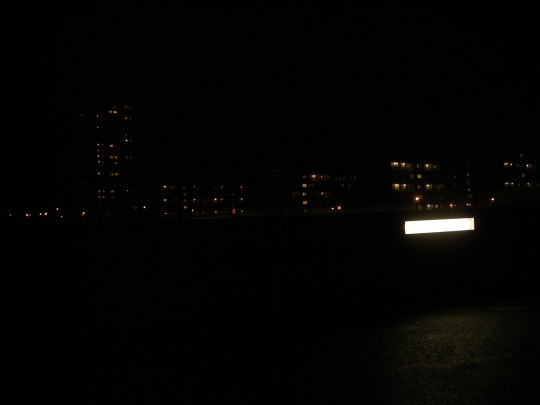
London; 16.1.2007
#photography#photographers on tumblr#dubmill#London#England#UK#Britain#night#dark#original photography#original photograph#2007#16012007
75 notes
·
View notes
Text

fernando alonso | 2nd place | silverstone 2007 | podium no.43
#f1#formula 1#fernando alonso#mclaren#nando podiums#silverstone 2007#great britain gp 2007#the commentary was so funny james was making fun of how small the trophy was lololol
15 notes
·
View notes
Text

9 notes
·
View notes
Text

State of Play (2009, Kevin Macdonald)
16/02/2024
State of Play is a 2009 film directed by Kevin Macdonald, based on the British BBC television miniseries of the same name.
In Washington, one night, a fleeing thief is killed by a man with a briefcase, who then also shoots a passerby on a bicycle who witnesses the story, who is hospitalized in coma. The following morning, a young woman, Sonia Baker, dies under a subway train: everyone thinks it's suicide; the young woman was the lover of MP Stephen Collins and was also his assistant.
In November 2007 Brad Pitt, initially cast in the role of the journalist, left the project due to disagreements and dissatisfaction with the script, and was replaced by Russell Crowe. Subsequently, due to delays in production, Edward Norton was forced to abandon the project due to commitments already made and was replaced, in the role of the politician, by Ben Affleck.
#state of play#film#2009#Kevin Macdonald#great britain#BBC#washington#coma#Washington Metro#2007#brad pitt#edward norton#American Society of Composers Authors and Publishers#Alex Heffes#aacta awards#russell crowe#Casting Society of America#Avy Kaufman#London Critics Circle Film Awards#alliance of women film journalists#robin wright#Crime Thriller Awards#political thriller#united states congress#rachel mcadams#helen mirren#jason bateman#jeff daniels#1970s in film#homeland security
1 note
·
View note
Text
youtube
0 notes
Text
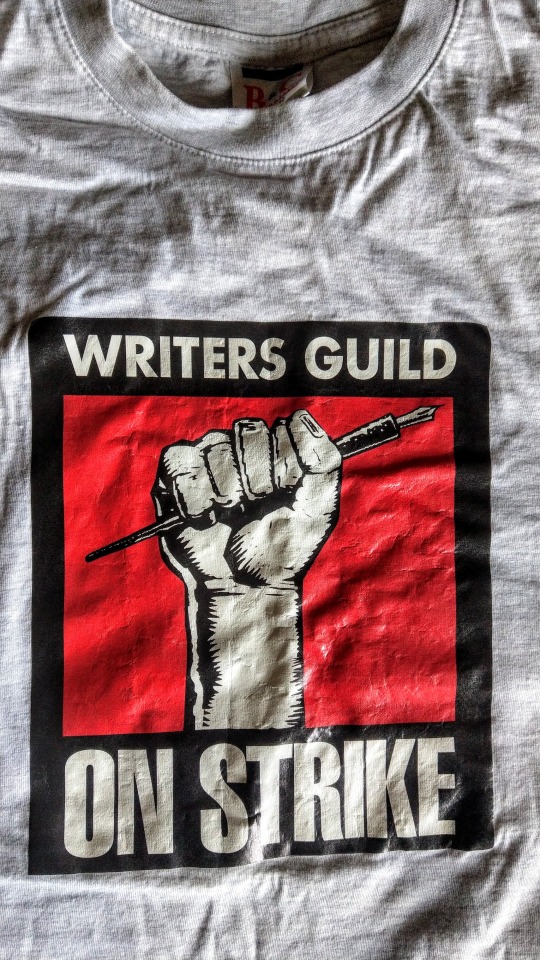
Last used: 2007.
...Ah well. Might as well give this a wash and a tumble. Needs must when AMPTP* drives... :/
Tl:dr; We asked for 2¢ on the streaming dollar. ...They said "Nope, can't afford it." ...As we say in New York: "...Yeah, no."
Time to take a stand. Not just for ourselves, but also for the writers who'll come after us... and who, unless we draw a line in the sand here, will never make enough to establish even middle-income careers.
*The people who, when we proposed that we should have a guarantee of a paid second-draft rewrite on scripts instead of the too-routine demand for multiple "free tweaks", refused to even consider it—but suggested they were willing to do a meeting to educate execs on why screenwriters don't want to work for free. (...DUH.)
For more details about what we asked for, and the producers' (non-)responses, see below.
(ETA—noted with grim pleasure:)
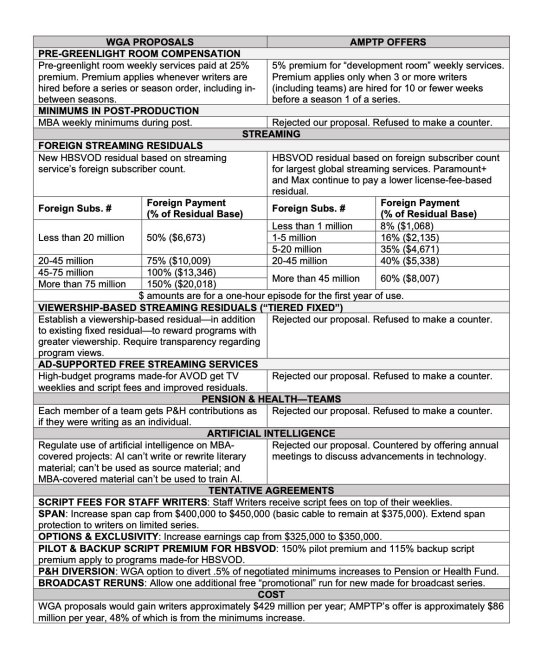
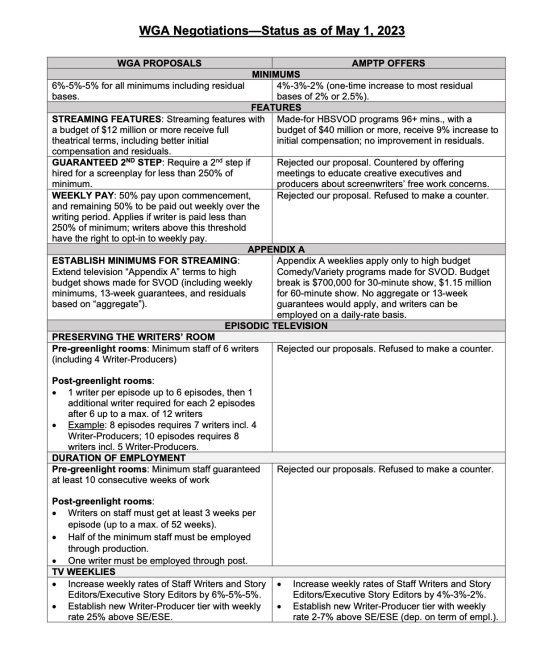
6K notes
·
View notes
Note
do you know any texts on the connection between fascism/the right and cleanliness/hygiene (purity) rhetoric? anything that goes a bit in depth on the topic?
Getting Under Our Skin: The Cultural and Social History of Vermin (2021). Sarasohn, Lisa Tunick. ISBN: 9781421441382
Dirt: New Geographies of Cleanliness and Contamination (2007). Campkin, Ben & Cox, Rosie (Eds.). ISBN: 9781845116729
The Sanitation of Brazil: Nation, State, and Public Health, 1889-1930 (2016). Hochman, Gilberto. ISBN: 9780252099052
Clean and White: A History of Environmental Racism in the United States (2015). Zimring, Carl A. ISBN: 9781479826940
Colonial Pathologies: American Tropical Medicine, Race, and Hygiene in the Phillipines (2006). Anderson, Warwick H. ISBN: 0822338041
Bacteriology in British India: Laboratory Medicine and the Tropics (2017). Chakrabarti, Pratik. ISBN: 9781580465908
The Great Hanoi Rat Hunt: Empire, Disease, and Modernity in French Colonial Vietnam (2018). Vann, Michael G. & Clarke, Liz. ISBN: 9780190602697
Soap and Water: Cleanliness, Dirt and the Working Classes in Victorian and Edwardian Britain (2010). Kelley, Victoria. ISBN: 9781848850521
Contagion: Disease, government, and the “social question” in 19th-century France (1999). Aisenberg, Andrew R.
Rome, Pollution, and Propriety: Dirt, Disease, and Hygiene in the Eternal City from Antiquity to Modernity (2012). Bradley, Mark & Stow, Kenneth R. ISBN: 9781107014435
Sanitizing South Africa: Race, Racism and Germs in the Making of the Apartheid State, 1880-1980 (2015). Fabio Terence Palmi Zoia. PhD. Dissertation, Indiana University. Available from ProQuest Dissertations & Theses Global. (1682266398)
there are also a few theoretical texts in social / cultural anthropology that will be frequent touchstones here, including norbert elias's 'the civilising process' (first published 1939) and mary douglas's 'purity and danger' (1966). i don't honestly think it's worth it or necessary to read these directly, both because they're dated in certain ways and because i think the historical studies are generally more useful. but you will probably notice these two texts & a handful of others repeatedly cropping up in introductory footnotes on this topic.
926 notes
·
View notes
Text
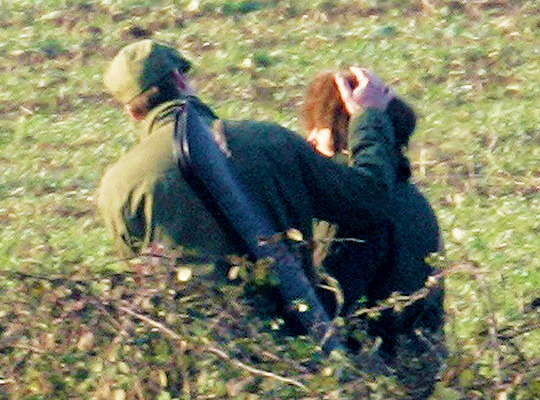
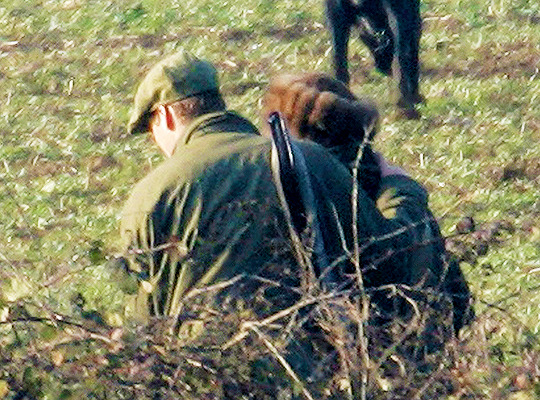
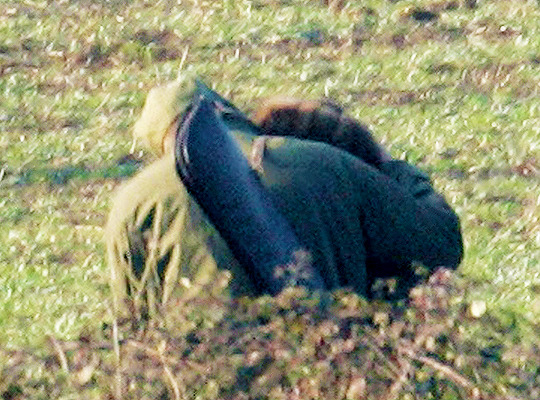
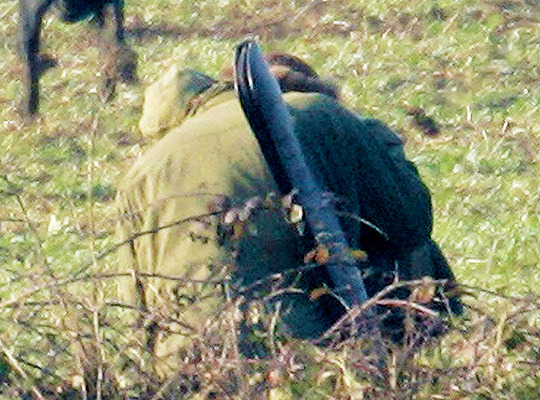
British Royal Family - Prince William of Wales hugs his girlfriend Catherine Middleton on a pheasant shoot at Windsor, Berkshire, Britain | December 18, 2007
#royaltyedit#theroyalsandi#prince william#catherine middleton#kate middleton#wk 2007#wk dec 2007#wk candid 2007#wk edit 2007#wk dating years#wk edit#dating years#british edit#british edit 2007#british 2007#british dec 2007#british royal family#dec 2007#2007#my edit
304 notes
·
View notes
Text
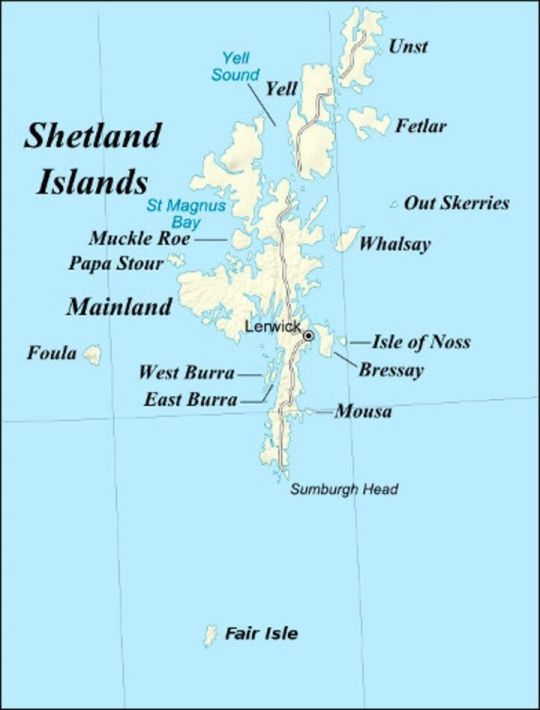


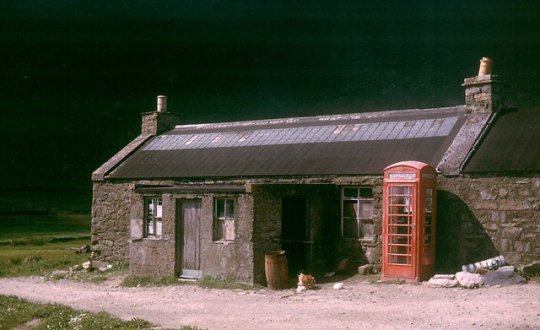
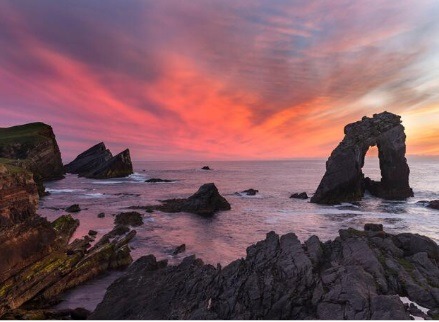
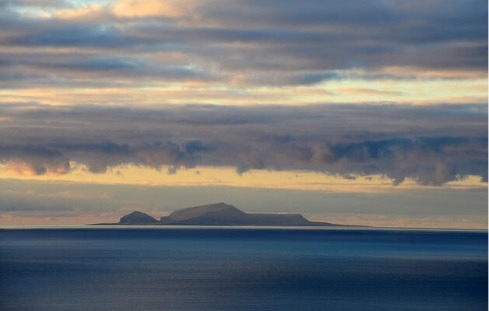
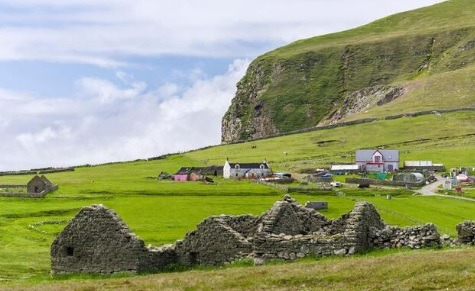

On March 3rd 1883 three hundred inhabitants of the remote Shetland island of Foula were on the point of starvation as the first supply boat of the year reached the stormbound community.
Foula, often described as the "Edge Of The World" is our most remote inhabited island. It is situated in the Atlantic Ocean approximately 20 miles to the west of the Shetland mainland. It is an island of crofting townships, breath-taking sheer cliff drops, and a wealth of wild flowers and wildlife.
Over a century ago, in 1881, Foula had a population of 267, mostly employed in fishing...at the last census in 2001 that figure had dropped to just 38.
On March 3rd 1883 the Shetland Times published this;
The Weather and Mails – Foula
Nine weeks have now expired since our last mail was landed, and all our resources are almost exhausted. Sugar and tobacco have been all done for more than a fortnight, and tea, coffee, etc, are now done also. Those who had a little meal to spare have helped those who had none, a thing often done in Foula, but if the weather does not moderate we will soon be all alike. The boat has been in readiness now for some time to go to Walls for supplies, and as the weather has become a little more moderate today they are going to make a start, so we hope that they may get safe through, and a chance to return again soon. But we doubt if the mail boat will be able to cross today yet, as the wind still inclines to the westward.
There isn’t much more than this about their plight, but it seems that same day they breathed a sigh of relief as a boat must have made it to Mainland and back successfully.
Today crofting as well as fishing are the main activities, half the population living at Hametoun in the south east and the remainder to be found at Ham near Ham Voe on the east coast. The island is not connected to any mainland electricity grid system. In 1987 a community electricity scheme was constructed, comprising a 3.3kV island grid which linked diesel generators, a wind turbine and a hydroelectricity scheme to the island’s properties. This scheme gradually fell into disrepair and has undergone a major refurbishment, funded primarily through grants.
Before refurbishment, the entire island's power was supplied by one of the two diesel generators which operated between approximately 7.20am and 00.30am. That’s not to say they were without power for the, just under 7 hours the generator is off, a battery/inverter system was installed between 2006 and January 2007, a solar charging array helps top up the batteries as well . The system was fully commissioned at the beginning of March 2007 and already the islanders not only have continuous power ( instead of the previous 17 hours per day) but are noticing considerable savings in diesel fuel use. Since diesel has to be shipped in by ferry (and often the weather is too bad for the ferry to run for up to 3 weeks on end) this of huge value.
An interesting feature of the island's people is that they still observe the old Julian calendar, replaced in 1752 in Britain by the present Gregorian system which deleted 11 days from the year. Remote areas of the country kept to the old calendar, adding an extra day in 1800, which was a leap year, and some parts of Shetland continued to observe festivals 12 days after the dates in the new calendar. The most remote areas kept to the old calendar longest, and the people of Foula still celebrate Christmas on 6 January and New Year's Day on 13 January
Travel to the island is by sea or air and is completely dependent on suitable weather conditions.
A wee bit more, and a short video can be found at the link below.
101 notes
·
View notes
Text
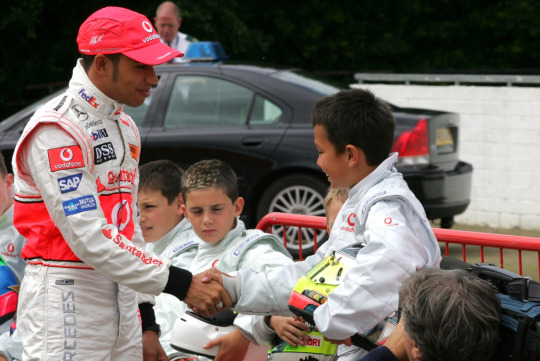
lewis hamilton meets alex albon at a karting event ahead of the grand prix weekend, britain - july 4, 2007
📷 elliott patching / motorsport images
#lewis hamilton#alex albon#f1#formula 1#british gp 2007#flashback fic ref#flashback fic ref 2007#britain#britain 2007#britain 2007 wednesday#not a race#2007 not a race#between france and britain 2007
30 notes
·
View notes
Photo

sebastian vettel says “we all float down here” while having his portait taken ahead of the british grand prix - july 5, 2007
📷 mark thompson / getty
#sebastian vettel#f1#formula 1#british gp 2007#flashback fic ref#flashback fic ref 2007#britain#britain 2007#britain 07#britain2007#britain07#britain 2007 thursday#not a race#non-race#2007 not a race#2007 non-race
29 notes
·
View notes
Photo

London; 6.1.2007
#photography#photographers on tumblr#dubmill#London#England#UK#Britain#night#dark#lights#original photography#original photograph#2007#06012007
38 notes
·
View notes
Text
I’ve been told by various importers that any Mamoul cookie coming from Saudi Arabia or Damascus actually contains Iraqi dates, even though the label says “Select Saudi dates.” The baking dates used in these cookies come from Iraq—they’re of better quality and they’re also cheaper. Between 2002 and 2004 there was a company in Sharjah, United Arab Emirates, that was bringing in dates from Basra, from a really famous company called the Al Moosawi Date Company. They were packaging them as Dubai Dates and selling them to the rest of the world as a product of the UAE.
That company stopped business in 2004 because there was a concern, actually a belief throughout the entire region, that the US and Britain had used depleted uranium in the bombs they dropped. From 30 million date palms in the mid-1970s the number fell to sixteen million, and by the end of the 2003 campaign Operation Iraqi Freedom, there were only three million date palms left in the entire country. And these palms were suffering from a kind of Fusarium bacterium, which many scientists link to the use of depleted uranium. The radiation lowers the tree’s immune system. The bacteria attack the trunk, making the trunks go flaccid and the crowns fall over. They end up looking like weeping people. It’s very sad, an ecological disaster that mirrors the human disaster.
Another thing I found out is that whenever anything is labeled from these other countries, Iraqi businessmen take an enormous hit. They see only 30 percent of their profit when these middlemen are involved. I talked about this with a representative from Dubai Dates. It was something he would never bring up with an Iraqi, because the relationship was so adverse. The Iraqis aren’t making any money, but it’s the only way they can get their dates out into the world.
I was also told that even a professional US importer would have problems bringing in Iraqi products. They’d have to wait months. I realized I might have to wait years. I called Charlie Sahadi and asked, “Do you remember me?” I said, “Listen, I found out we can import dates. I am talking to a company in Iraq that thinks we can do it—will you work with me?” He was saying things like, “Look, if this goes wrong, it’s like a black mark on our record, a blemish. The dates could be scanned, and you’ll end up paying $3,500.00 even before they get to our warehouse, and then the USDA [us Department of Agriculture] and the FDA [Food and Drug Administration] have to come and inspect them, and then they might get sent back.” So I tell Charlie I understand, but that I have a budget, and it’s cultural money. He said, “You know this is bad business.” And I said, Yeah, but it might be really good art. And he understood. He understood that if this works out, a big step could be made.
Michael Rakowitz in "Enemy Kitchen: An Interview with Michael Rakowitz," by Liza Johnson. Gastronomica, Vol. 7, No. 3 (Summer 2007), pp. 11-18. DOI 10.1525/gfc.2007.7.3.11.
107 notes
·
View notes
Photo

10 notes
·
View notes